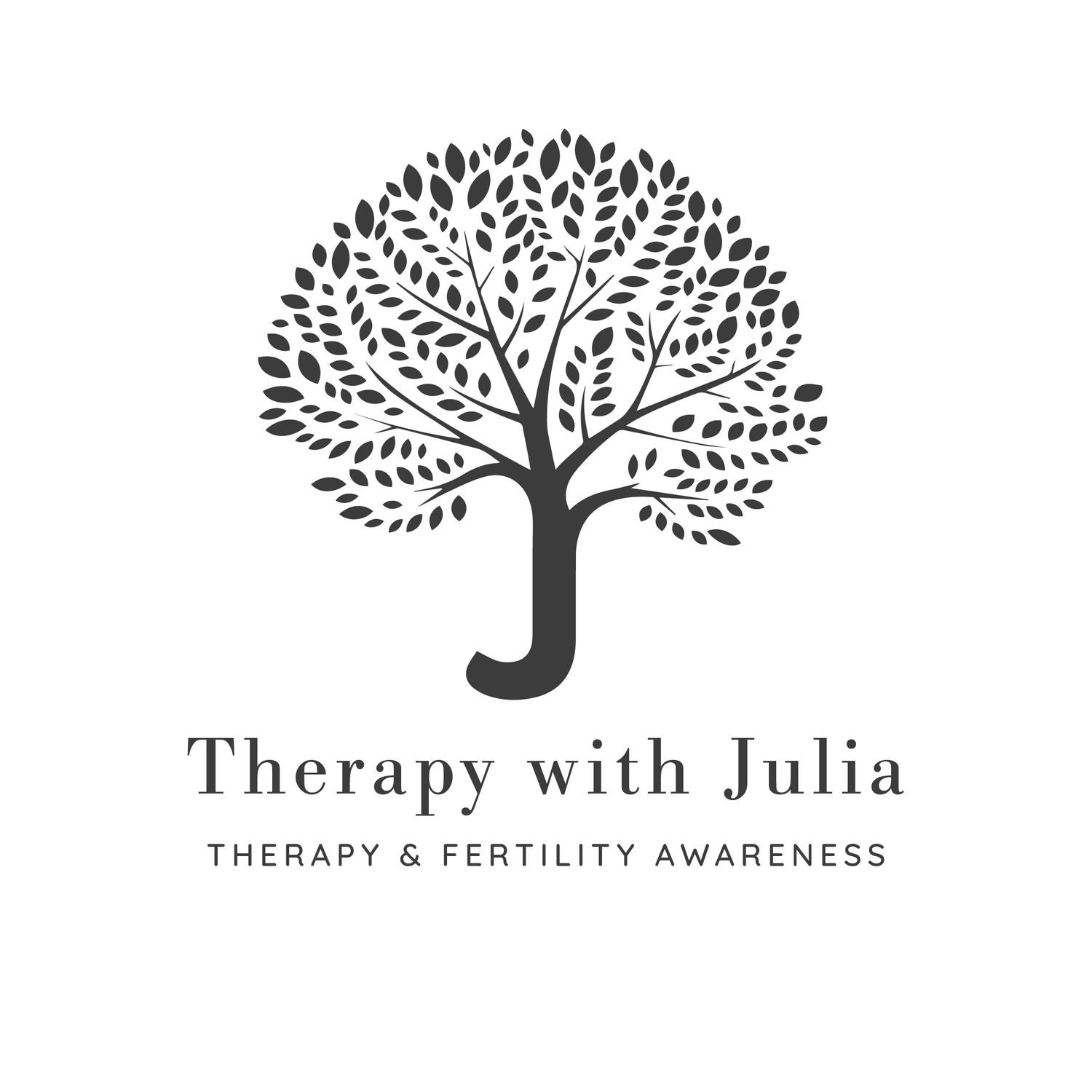Is Mental Health a Women’s Health Issue?
Whenever I tell someone that I work in mental health and women’s health, I always get the response, “well of course, they’re so connected!” And it’s true, according to the American Psychiatric Association there are many mental health conditions including depression, anxiety, PTSD, and eating disorders. According to the same source, men are more likely to have diagnoses that relate to substance use or impulse control. Then of course there’s PMS, PMDD, Postpartum depression, the entire experience of menopause - all experiences specific to women, or anyone with a womb.
There are many explanations for why this may be. You can blame the way that women are socialized, the roles that women are expected to take on, hormones and menstrual cycles, pressures to look and be perfect, disparities in income, higher rates of sexual trauma, and much more. And while these are all absolutely valid and real, here’s the trap: while many of these factors are external, diagnoses inherently suggest that the issue is with the individual. That something is wrong with you, you’re broken, or doing something wrong. And on top of all of that, beliefs like these are also symptoms! If you’re thinking “wow, I’m such an idiot” that’s not because it’s the undeniable truth, it’s because something happened to you to cause you to feel this way. That could be something that happened recently, but more likely it’s something that happened a very long time ago which is why it feels like you’ve always been this way. And our system of diagnosing and treating, and even talking about “mental illness” reinforces these beliefs.
So here’s the question: why do we define mental health issues the way we do? Who is deciding what is a problem, and where the problem lies? What if the problem isn’t our hormones, bodies, or how we’re socialized. What if it is that we’re forced to live in a world that doesn’t recognize our needs and nature as valuable? What if instead of diagnosing the individual, we recognized the ways that we as women are being forced into a world that is based off of what we consider typical male traits?
There is nothing wrong with having emotions, nothing wrong with needing to rest, nothing wrong with being a caregiver. But when we are told that we are wrong for having, or doing, or being all of these things then we begin to fight with ourselves. We believe that we shouldn’t be feeling this way (and those beliefs run really deep). And honestly, many times the struggles I see in the people I work with - and in myself - comes from that fighting just as much as it does from whatever feelings we’re having.
So, back to the question, is mental health a women’s health issue? My answer is a resounding NO!! This perspective can be so freeing - we’re not wrong for being women, living in female bodies that change throughout our cycles, for embodying traits that are considered feminine. And women are not the only ones who can benefit from this shift in perspective. Because men have emotions as well, and their emotions are so often ignored by themselves and others. Think back to the diagnoses that men are more likely to have - substance use and impulse control. Why is this? Men are way more likely to feel the need to cover up their emotions, to only seek help when things get really bad. Can you imagine a world where we embrace men’s emotions the same way that we embrace (and pathologize) the emotions of anyone who is not a man? A world where mental health is something everyone experiences, not just a women’s problem. How freeing would it be to be able to feel what we feel freely, without the belief (subconscious or not) that we’re wrong for having these feelings. To be able to rest when we need it. Or acknowledge that we don’t need to be productive machines - because we’re not.
So if you’ve read this far, thank you. My challenge to you is to think about what can you do to change the narrative. How can you encourage someone in your life to think just a little bit differently about mental health, mental “illness,” and all of the wonderful, difficult, and everything in between emotions that we have that are a part of being human!
Resources:
Her Blood is Gold by Lara Owen
Men’s Group with Brene Brown (or seriously any of her amazing resources about her research on men’s emotions)
